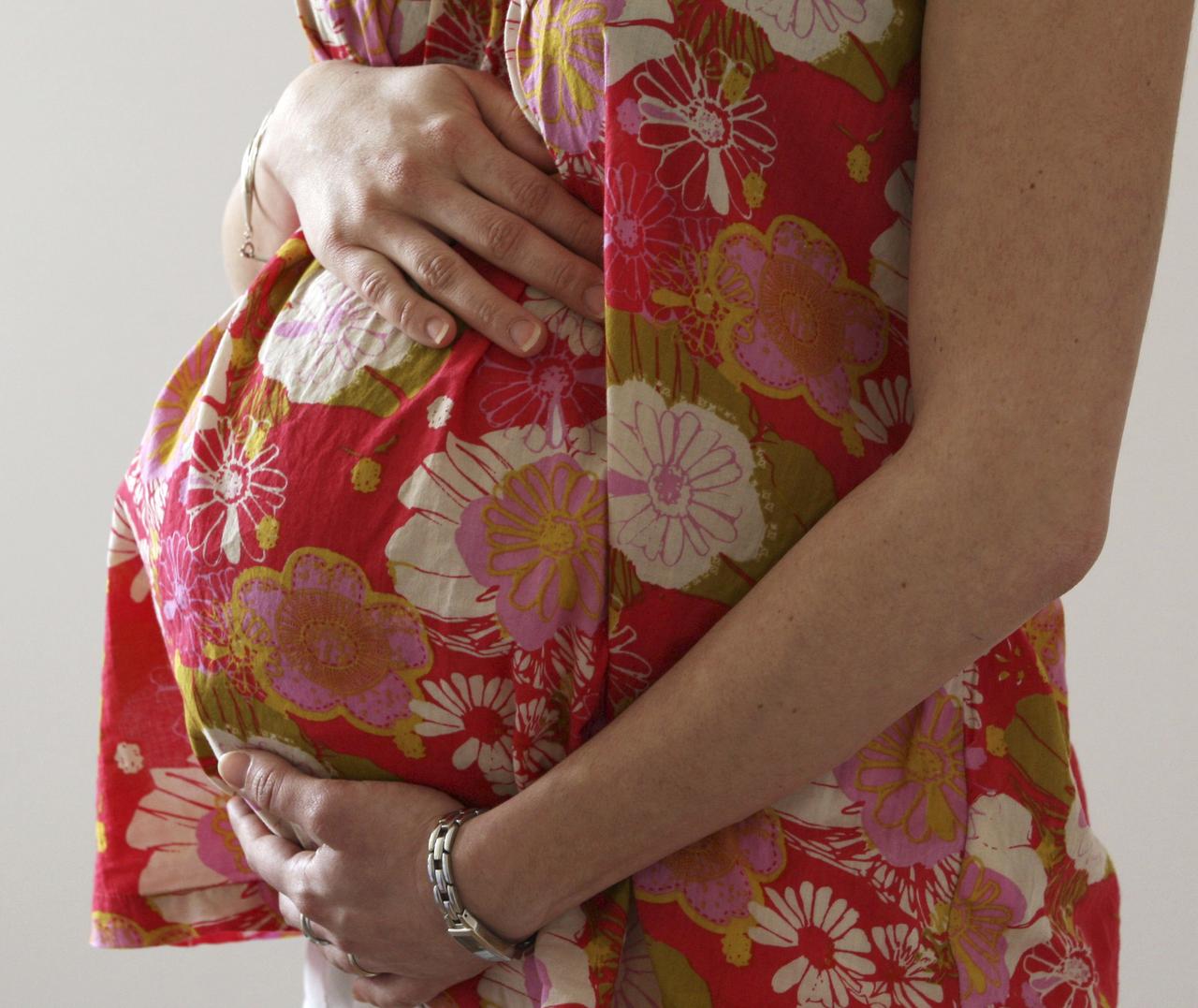
In the past few years, many women in Pakistan have been trying to earn a living, comprising a small, yet much-needed chunk of the workforce. Along with that, they are also expected to take care of a household and grow a family of their own – that is, get married and have children. A woman who does all that, or tries to, is then forced – not requested – to compromise. If the company that she works for does not offer the maternity leave as stated by the law, she needs to choose between earning a living and her health or her child’s health and well-being, considering a newborn needs its mother for feeding purposes, if not anything else. And what happens in the case of a single mother who has no family to look after the baby while she is away at work, and is the only source of income that can provide for the child? Moreover, abiding by the company policy, if the mother – single or not – does get back to work sooner, does the company provide in-house daycare services so that her baby is taken care of while she is away? Or provide her added benefits that let her afford daycare out of the office?
On the paternal front, granting a man a three-month leave after the birth of a baby not only invokes that a father gets closer to his baby, but also makes him an equally responsible parent – meaning that the father has an equal hand in taking care of the child and hence its upbringing in the long run. What most Pakistani men choose to do with their granted leaves is a debate for another day, however, one concern that seems to often go ignored is the death of the mother during childbirth. While statistics show a considerably small amount of maternal deaths in Pakistan, it is still a possibility that cannot be ignored. In case of the mother’s death during childbirth, a father is typically expected to, first and foremost, mourn the loss of the loved-one and then also think about taking care of the child. While leaves are granted to all employees on the death of a family member, an additional paternity leave – in such a case – gives the new father enough time, if not a lot, to think straight and decide how to move forward while providing for the newborn and taking care of it as well.
Looking at other countries, Finland has the best parental leave policy. It allows about 170 weeks off, out of which 26 weeks of leave are paid at 70% of the parent’s salary, the remaining weeks are paid at a flat rate. It also has the lowest use of the paternity leave as many choose to get back to work before their leaves are over. Norway offers up to 52 weeks of 80% to 100% paid parental leave. This can be extended to more weeks at a flat rate if the parent chooses to. Despite that, many fathers choose to only avail 40% of the allowed days off. Likewise, other Scandinavian countries such as Iceland and Sweden also have a similar policy on parental leaves. It is possibly because of this reason as well that such countries rank better on the Human Development Index, wherein Norway takes the top spot. Iceland and Sweden rank 6th and 8th respectively while Pakistan falls at 152, according to United Nations Human Development Report of 2019. While it is commendable that Pakistan is moving towards being a gender-balanced society, it still has a long way to go. The new bill, if approved, can be a step in the right direction for the country’s development.
Published in The Express Tribune, January 31st, 2020.
Like Opinion & Editorial on Facebook, follow @ETOpEd on Twitter to receive all updates on all our daily pieces.



1732184775-0/BeFunky-collage-(80)1732184775-0-165x106.webp)









COMMENTS
Comments are moderated and generally will be posted if they are on-topic and not abusive.
For more information, please see our Comments FAQ